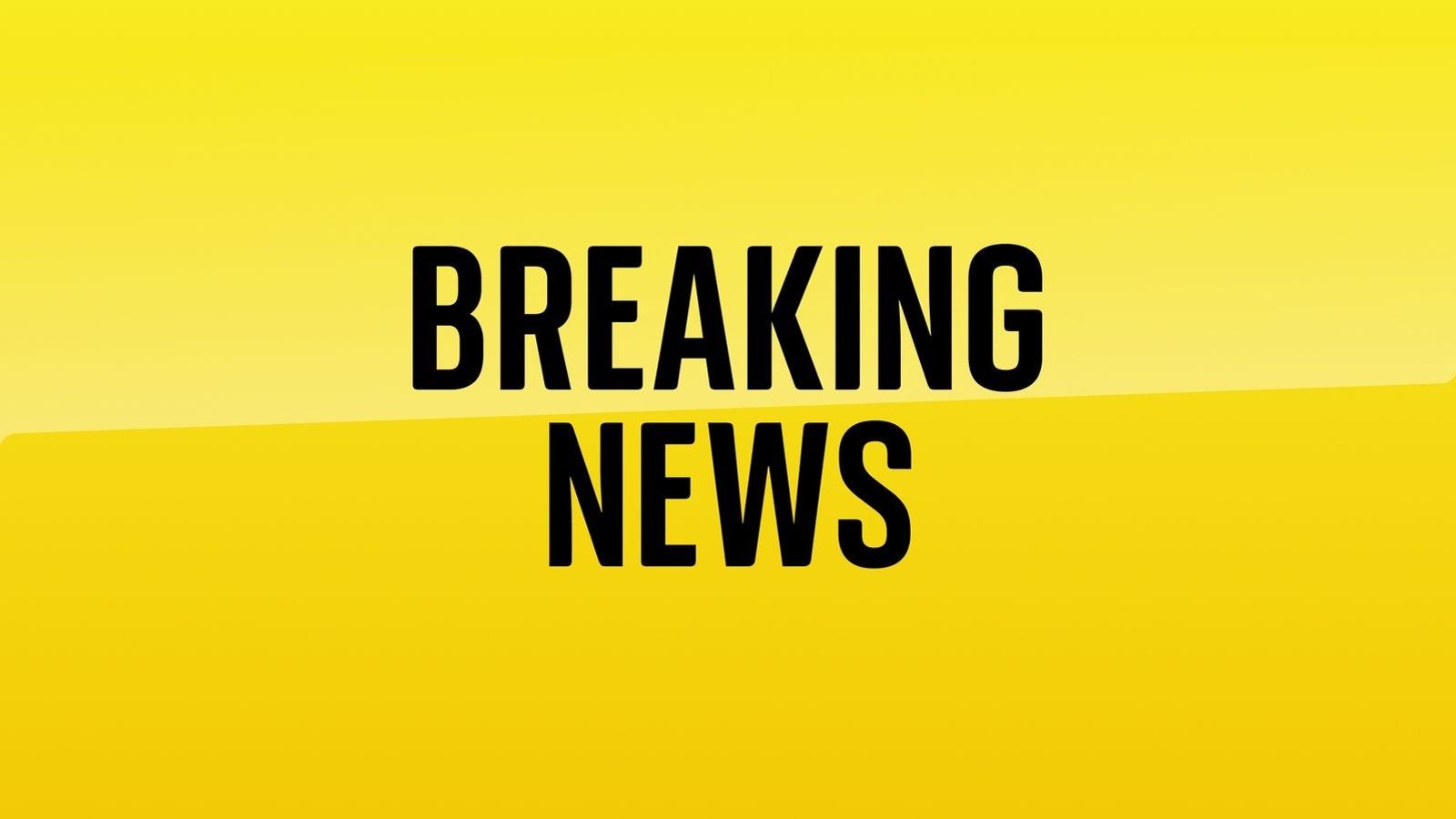The prospect of the biggest rail strike in decades has moved a step closer after thousands of workers backed industrial action.
Railway workers have voted overwhelmingly to strike, the RMT union announced.
There are three issues at the heart of the dispute for the union: pay, compulsory redundancies and safety concerns.
The row stems from government demands for savings on a network that was propped up by the taxpayer when passenger numbers collapsed during the COVID crisis.
The Department for Transport puts the sum at £16bn.
But the union argues that Network Rail’s plans – yet to be publicly revealed – would lead to job cuts and compromise safety.
It says that its members also deserve a negotiated pay settlement, as the cost of living crisis gathers pace, after an effective pay freeze since 2020.
Cost of living: Energy price cap expected to rise by £830 to £2,800 in October, says Ofgem chief
Cost of living: West reaping consequences of ‘demonising oil and gas companies’, says Qatar minister
Chelsea FC sale approved by the Premier League Board – but takeover not final yet
Grant Shapps, the transport secretary, told Sky News earlier on Tuesday that any widespread strike could give a “heart attack” to a network already on life support and that any such action would be “very, very premature”.
The RMT said there was no immediate prospect of dates being set for the strike – which could potentially be the most disruptive since 1994 – as it wanted talks with ministers and other parties involved in the dispute.
He has hinted at some action on the pay issue but there is clearly bad blood between the pair.
Comments in a Sunday Telegraph interview in which Mr Shapps said the government was looking at drawing up laws that would ensure minimum service levels during industrial action have raised union hackles.
Mr Shapps has also confirmed that contingency plans being prepared for any rail strike would prioritise freight traffic before passenger trains to ensure that shelves are kept stocked.






















